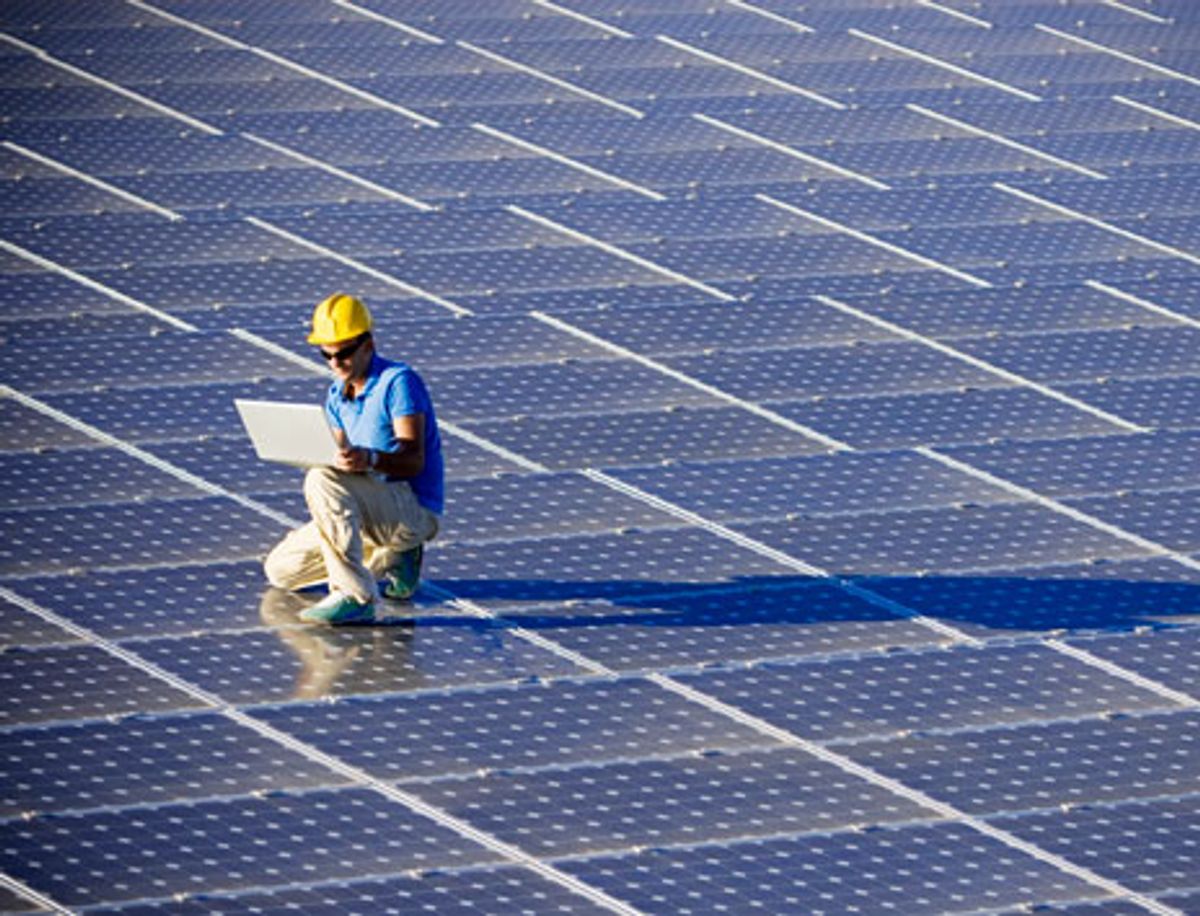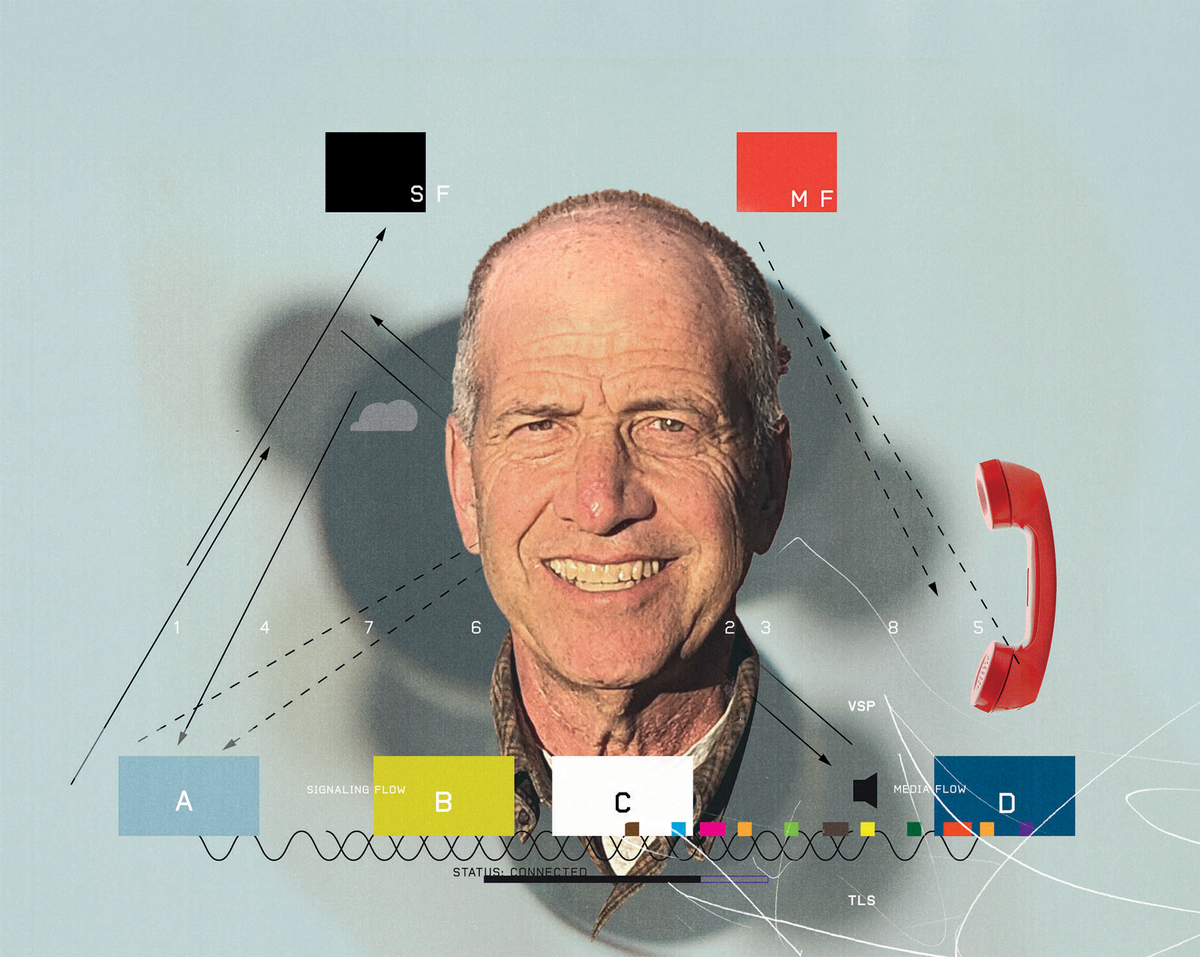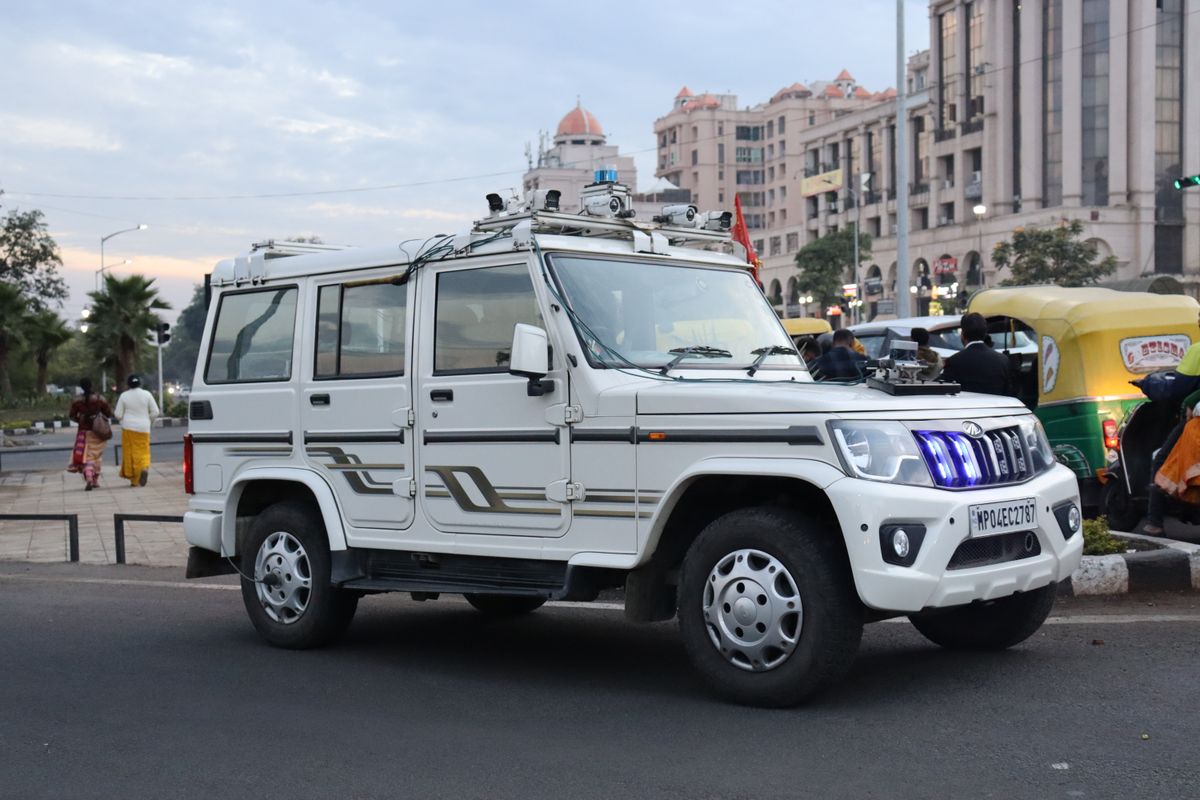Today, Oct. 19, seven U.S. makers of PV panels filed a complaint with the government against China, asserting that its manufacturers have been selling their product in the United States for less than half its manufacturing cost. They are demanding that the U.S. government impose tariffs on Chinese photovoltaic imports of at least 100 percent. Under U.S. trade rules, the Commerce Department is required to respond.
The complaint is long overdue. Though its effect if successful--which is far from assured--would be to drive up solar prices in the United States, Chinese PV manufacturers have been dipping doubly, collecting generous subsidies both from their own government and from the countries where they sell their product.
According to a fine analytic report in today's New York Times, China accounts for three quarters of world PV production and exports 95 percent of it, much of it to the United States. Its low-cost exports have driven the cost of installing PV capacity to as low as $1.20 per Watt, according to the Times, contributing to the recent failure of three U.S. companies, layoffs and cutbacks at others, and difficulties for all makers of closely competing green technology.
The complaint filed today was led by Solar World Industries America, the U.S. subsidiary of a leading German PV manufacturer. (The homepage of Germany's Solar World has Larry Hagman, of "Dallas" fame, inviting his German fans to uncouple from the grid by becoming self-producers of energy.) China's aggressive entry into the world solar market has probably caused even more distress in Germany than in the United States: The Federal Republic's solar subsidies have been especially generous, and initially, its companies were leading the way in photovoltaics. Yet there has been little support in Germany for pursuing trade complaints against China because the Federal Republic is so very trade-dependent.
The European trade association Eurosolar has advocated addressing the China threat by tightening environmental and production quality standards, as written into member countries' feed-in tariff laws. The European business press and business lobbies, alternatively, have proposed slashing back the feed-in tariffs, which they see as too generous to begin with.
The U.S. Solar Energy Industries Association filed a statement on the impending solar seven trade complaint that can be characterized as balanced or just wishy-washy. Without either supporting or opposing the complaint, the association said the industry as a whole benefited from open and fair trade.
The reason it will be difficult for the solar seven to have success with their complaint is that the United States, like a great many other industrial countries, also subsidizes solar manufacturing. Though its subsidies are less numerous and comprehensive than China's, and though China has not always reciprocated by paying out subsidies to foreign manufacturers exporting green technology to the People's Republic, the ubiquity of subsidies makes such complaints a legal quagmire.
Ultimately, the problem of Chinese double dipping will not be resolved without aggressive diplomacy at the highest levels.



